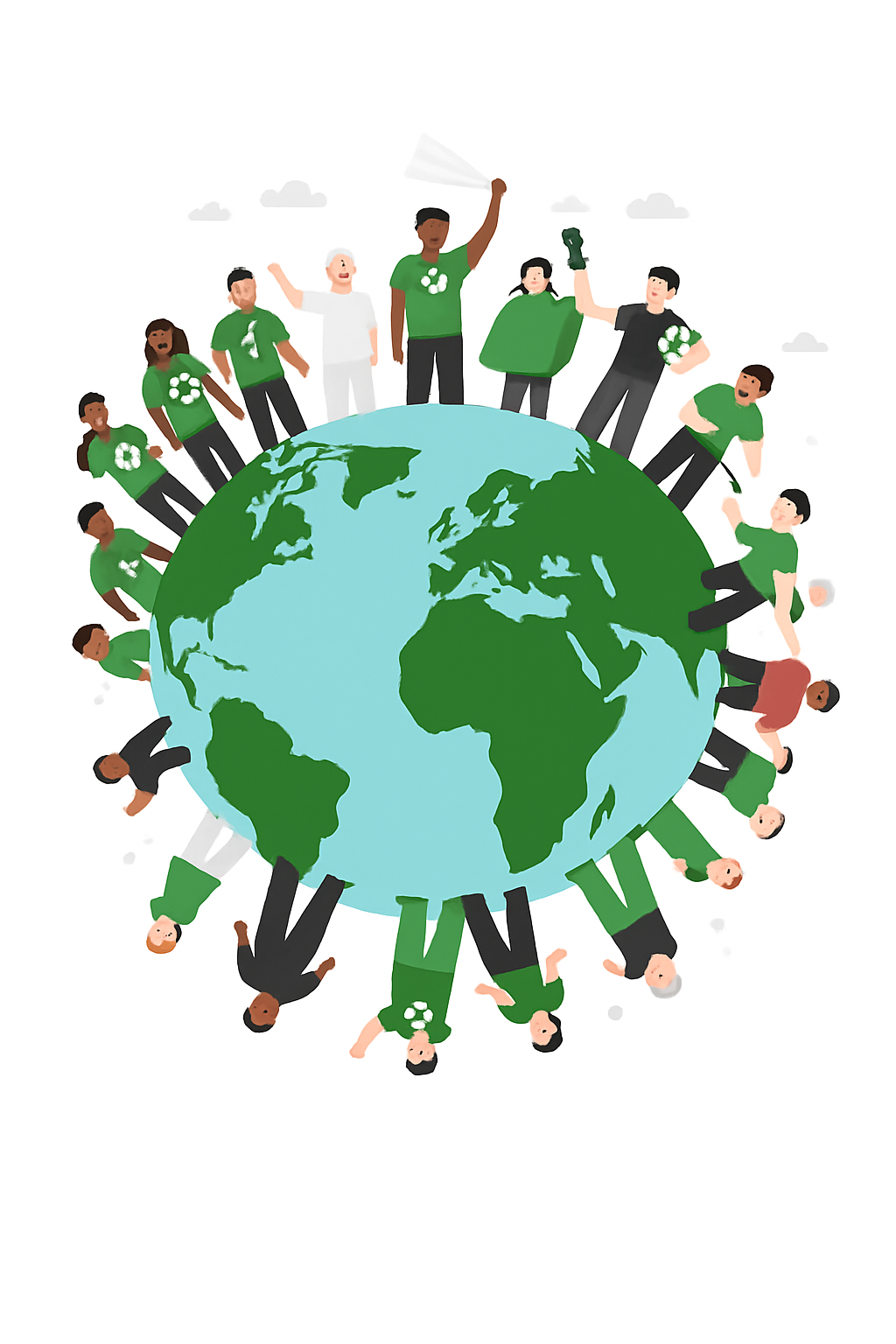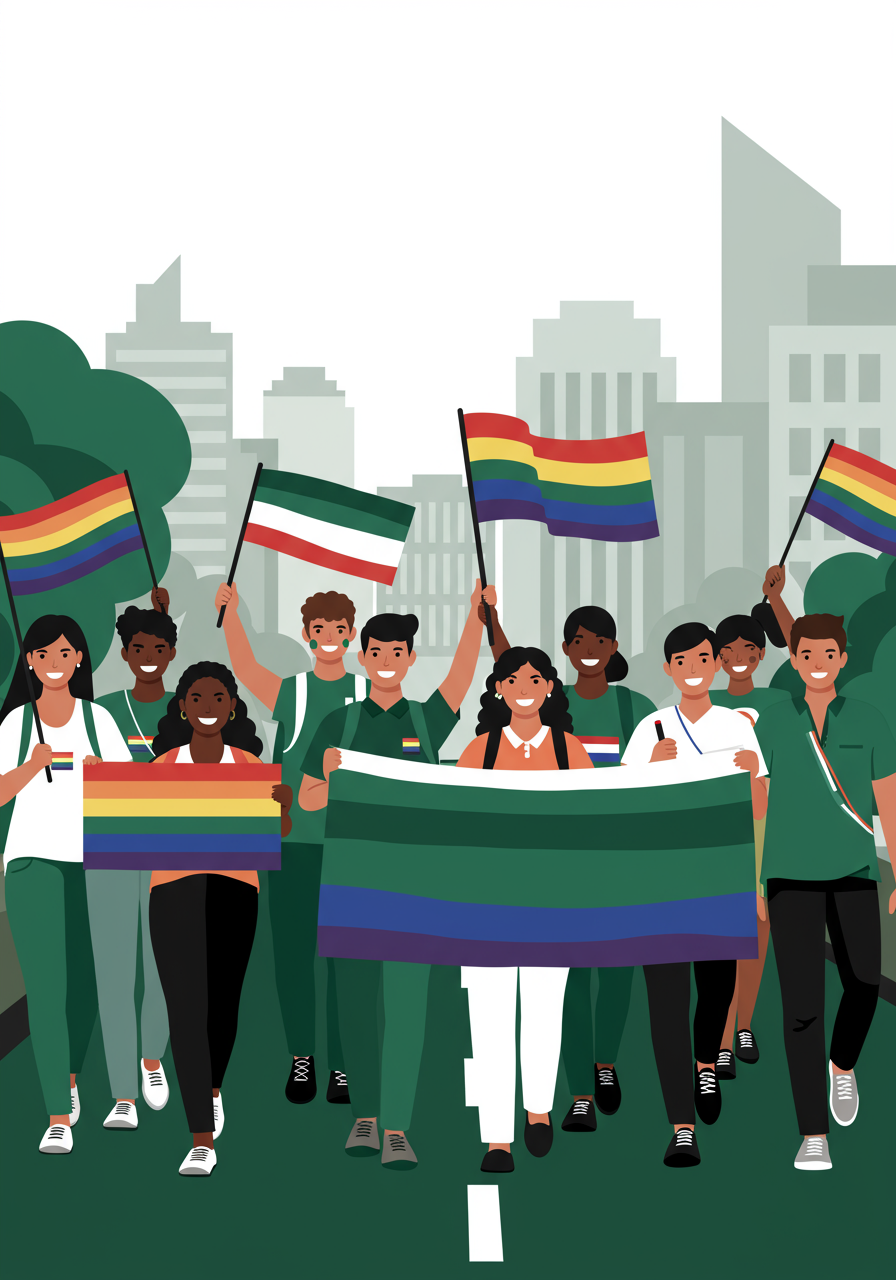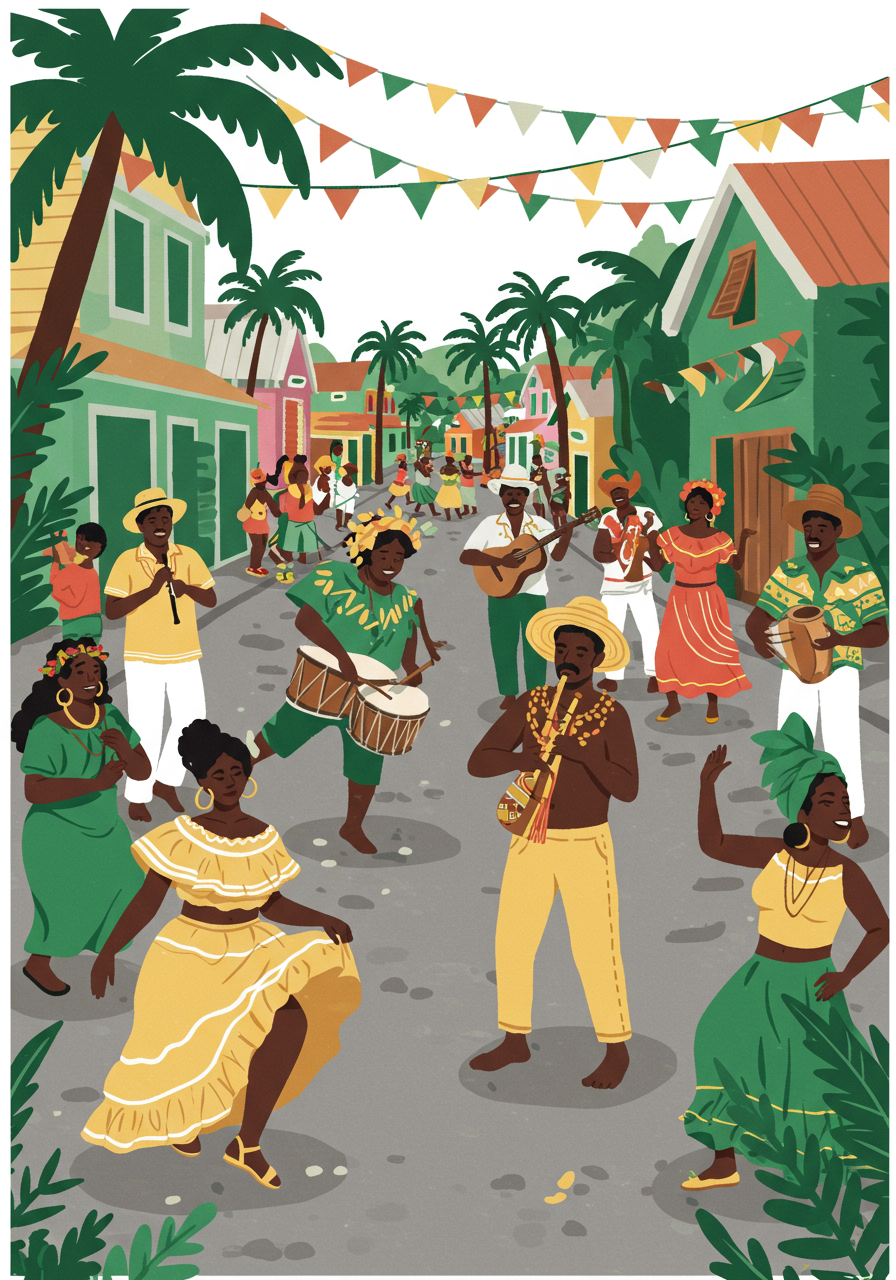The Historical Significance of Ramadan and Inclusive Engagement
Ramadan, the ninth month of the Islamic lunar calendar, is a deeply spiritual time that commemorates the month in which the Quran was revealed to the Prophet Muhammad. It is observed by Muslims worldwide through fasting, prayer, reflection, and community. This period offers a unique opportunity for inclusive engagement within diverse communities, fostering a deeper understanding of the cultural and religious practices that enrich our global tapestry. By exploring the history and significance of Ramadan, we can appreciate its role in promoting diversity and inclusivity.
🌍 The Dimensions of Diversity Supported by Ramadan
Ramadan encourages an array of diversity dimensions, including religious and cultural awareness, empathy, and cross-cultural communication. This holy month supports:
- Religious Understanding: By learning about the practices and significance of Ramadan, individuals can gain insights into Islamic beliefs, enhancing religious diversity and tolerance.
- Cultural Exchange: The traditions of Ramadan, which vary across different cultures, provide a rich opportunity for cultural exchange and appreciation.
- Empathy and Solidarity: Participating in or supporting fasting practices can foster empathy for those who experience hunger and promote a sense of solidarity among individuals from various backgrounds.
Join the Diversiology community to read the full article and learn how to celebrate Ramadan with respect and inclusivity. Discover more, engage deeply, and learn continuously on our platform. Access resources and tools like our comprehensive diversity calendar and immerse yourself in a vibrant community of learners and leaders committed to making a difference – one story, one conversation, one resource at a time.








